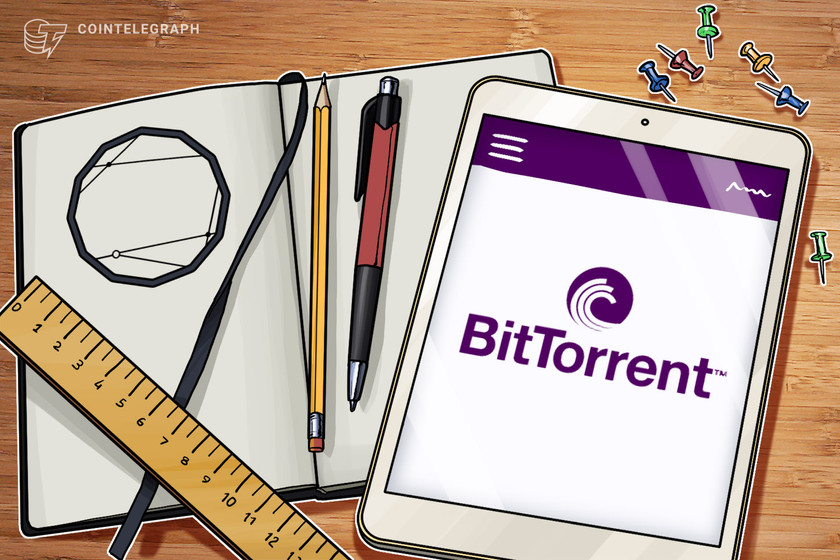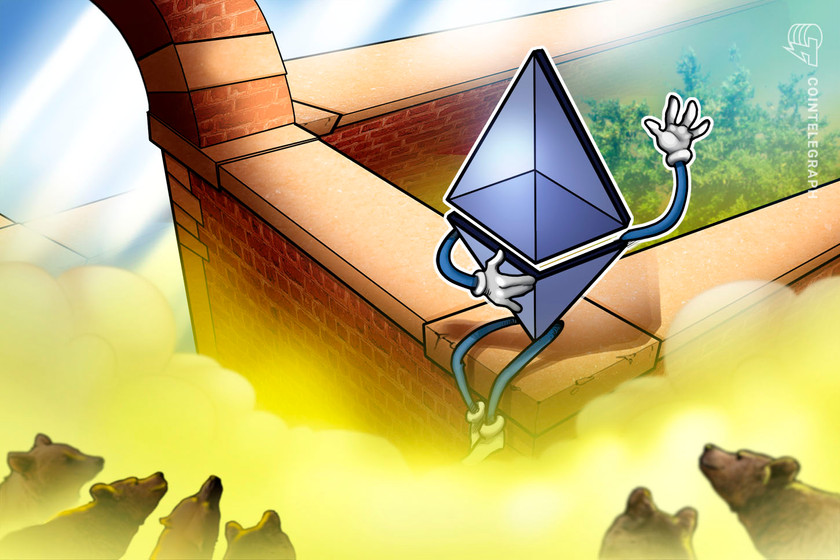Is 3 Confirmations Still Enough if F2Pool Can Mine 6 Consecutive BTC Blocks?
A single mining pool managed to mine six consecutive blocks on the Bitcoin network, raising the question of whether that’s a challenge to security or an improbable coincidence?
925 Total views
48 Total shares

Questions about Bitcoin’s security cropped up on May 18, when the F2Pool mining pool mined six consecutive blocks on the BTC blockchain, covering block numbers 630804 to 630809.
With many exchanges and other Bitcoin-related services relying on just three confirmations before extracting funds, some asked whether this is still secure enough.
Is mining hash power becoming centralized?
As Cointelegraph reported, since last week’s Bitcoin halving event, hashrate on the network has dropped 30%. This is largely due to the reduced reward for miners, making mining unprofitable on older machines or where margins were already tight.
However, the distribution of this hashrate between competing pools is actually as balanced as ever. Although F2Pool is clearly the largest mining pool, it accounts for less than 20% of the overall hashrate. This is nowhere near the 51% necessary to mount a serious attack on the network.
Is 3 confirmations enough?
So does F2Pool mining six consecutive blocks undermine the security level of companies allowing withdrawal after three confirmations?
Fortunately not.
Although technically, F2Pool could have planted false transactions in one of the earlier blocks and somehow capitalised on this, there was no way that it could have predicted that it would mine six blocks in a row.
It is all just a case of probability. If you toss a coin six times then you are highly unlikely to get six heads. But if you toss a coin repeatedly for long enough then you become increasingly likely to witness a run of six heads.
But you will only know when, after it has happened, so you will not be able to profit by betting on such an outcome.
Likewise, there was no way for F2Pool to profit from this coincidence, as it couldn’t possibly have known this would happen in advance.









